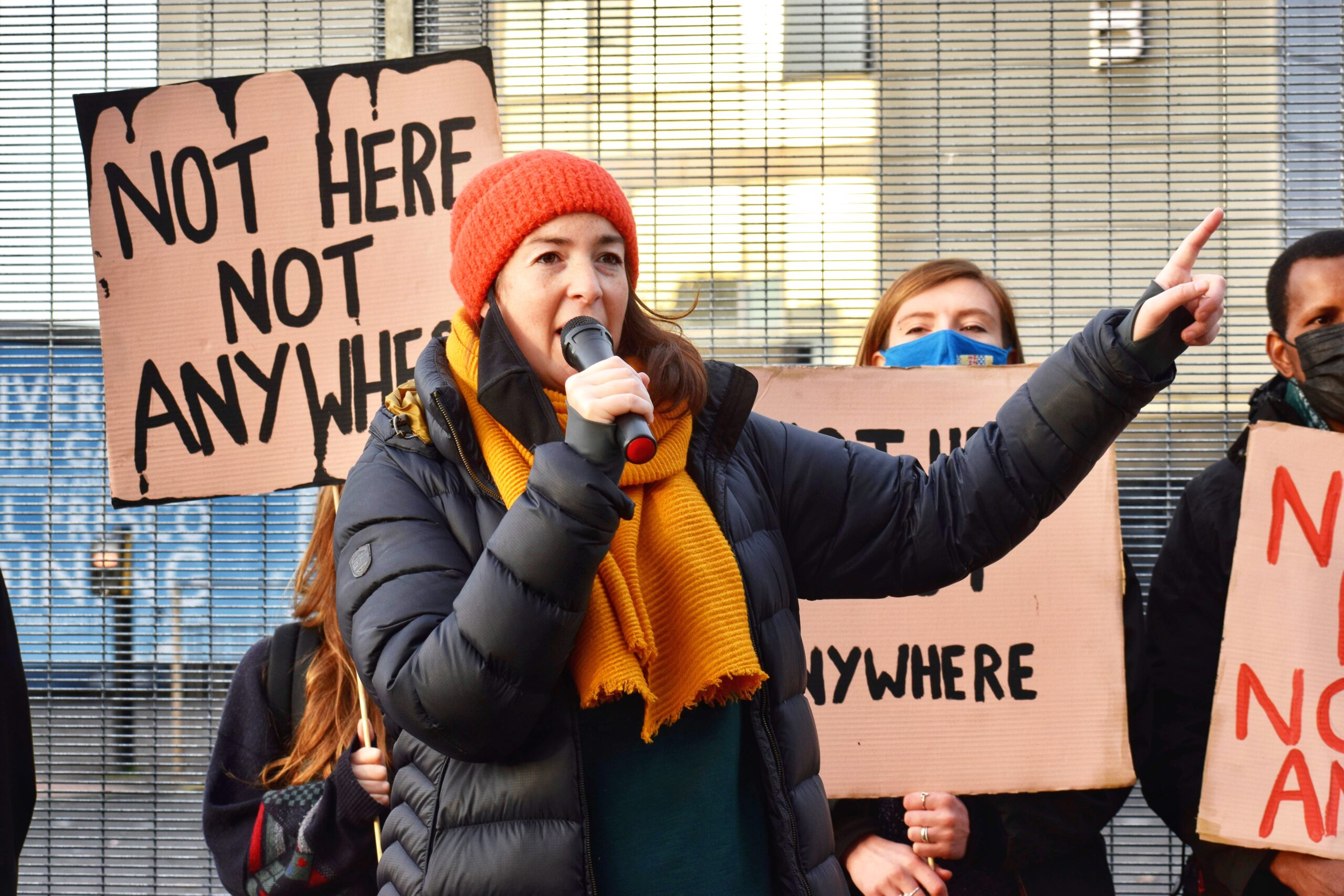
Green shoots of recovery in budget dwarfed by unsustainable business as usual
With perhaps his final opportunity to deliver a budget for sustainable growth, the Chancellor Alistair Darling today, once more failed to grasp the nettle.
The budget makes no progress towards green fiscal reform. It leaves the banking sector to return to business as usual – as if nothing has been learnt from the financial crisis.
Despite the broadly welcome announcement of a (partly) Green Investment Bank, it leaves green investment dwarfed by unsustainable investment.
Green investment
The Chancellor announced a £2bn green investment bank to support investments in infrastructure such as nuclear power, renewable energy and sustainable transport. If the Bank does fund nuclear power this would leave in tatters the government’s promises that the development of nuclear power stations in the UK would be dependent on commercial investment, not government subsidy. Already dented by the announcement of the government’s investment in Sheffield Forgemasters to help them produce nuclear containment vessels, the idea that government finance from the green investment bank could underpin nuclear power development would completely breach those promises.
Moreover, under the government’s watch – since the bail out – lending to renewable energy from RBS alone has plummeted from over £2bn a year to less than £0.5bn in 2009. But instead of forcing the publically owned banks to deliver green investment, the Chancellor is requiring them to lend £94 billion without a single condition to protect the environment and human rights.
Duncan McLaren, Chief Executive of Friends of the Earth Scotland, said: “We welcome the announcement of a green investment bank, but condemn the idea that it might subsidise nuclear power. It’s bad enough that only £2bn is to be directed to ‘green investment’ when the £94bn that RBS and Lloyds will be forced to loan out remains brown. It becomes completely ridiculous that much of the new bank’s money might be invested in an environmentally risky technology that will directly undermine the viability of the renewable energy development we so desperately need.”
Banking sector
The Chancellor introduced no new bank taxes or regulation, ignoring massive public support for a Tobin or ‘Robin Hood Tax’, and relying on the tired mantra that he would wait for international agreement. While the Chancellor could announce that his one-off bonuses tax raised much more than expected, he failed to acknowledge that this is a sign of failure: the tax failed to redirect bank profits resulting from the bail out into productive investment.
McLaren said: “The Chancellor could still be waiting for international agreement by the time the next crisis rolls around. He should have taken the chance now to lead international action with a unilateral Robin Hood Tax.”
Green Fiscal Reform
The chancellor introduced no new green taxes, and staged the scheduled rise in fuel duty, thus further reducing the share of the tax base made up by green taxes. Instead – directly contrary to the principles of green fiscal reform, he is sticking with his proposal to raise national insurance contributions from next April instead – taxing jobs rather than waste and pollution.
McLaren commented: “Labour entered power in 1997 with a promise to shift the burden of taxation towards environmental bads. Today the situation is even worse than when they began, despite the opportunities to deliver more employment as well as cleaner environment by shifting the burden of taxation.”
ENDS
For media enquiries please contact:
Per Fischer, Press Office, Friends of the Earth Scotland
t: 0131 243 2719
Notes to editors
Giving the go-ahead to new nuclear in 2008 then Business secretary John Hutton “insisted there would be no subsidies from the UK government. ‘It is a matter for the power companies to bring forward proposals on the basis that there will be no public subsidies,’ he told BBC Radio 4’s The World at One. Public funds would only be provided in the ‘very unlikely circumstances of an emergency at a nuclear plant,’ added Mr Hutton.”
news.bbc.co.uk/1/hi/uk_politics/7179579.stm
Friends of the Earth Scotland is the country’s leading independent environmental campaigning organisation, and is the only organisation in Scotland that is working for environmental justice, campaigning for the planet and its people.
